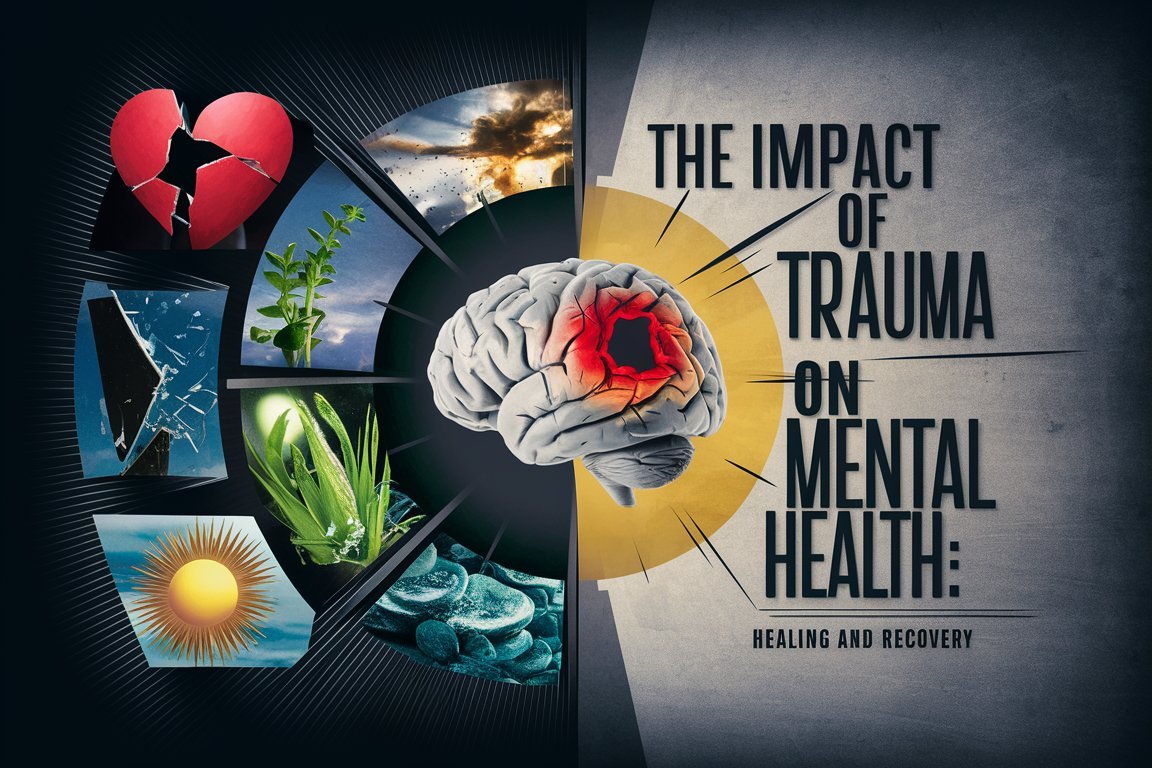Self-Care Strategies for Improved Mental Health
Hey there, young rockstars! Today, we’re going to talk about something super important – taking care of ourselves and our mental health. Now, I know that might sound a little boring or grown-up, but trust me – self-care is like the secret superpower that can help us feel happier, stronger, and more awesome in every way!
First of all, let me ask you this: have you ever felt really stressed out, or sad, or just kind of “blah”? Maybe you had a tough day at school, or you got in a fight with a friend, or you just woke up feeling not-so-great. Those feelings are totally normal – everyone has them sometimes!

But here’s the thing: when we don’t take care of ourselves, those yucky feelings can start to build up and make us feel even worse. That’s where self-care comes in – it’s all about doing things that make us feel good, inside and out.
What is Self-Care?
Self-care is basically anything we do to take care of our physical, mental, and emotional health. It’s about being kind and compassionate to ourselves, and making sure we have the energy and resources we need to tackle whatever life throws our way.
Self-care can look different for everyone – what makes one person feel good might not work for someone else. But there are some basic categories of self-care that are important for all of us:
- Physical self-care: This is about taking care of our bodies – things like getting enough sleep, eating healthy foods, exercising, and staying hydrated.
- Emotional self-care: This is about taking care of our feelings – things like expressing our emotions, setting boundaries, and practicing self-compassion.
- Mental self-care: This is about taking care of our minds – things like learning new things, challenging negative thoughts, and practicing mindfulness.
- Spiritual self-care: This is about taking care of our sense of meaning and purpose – things like connecting with nature, practicing gratitude, and engaging in activities that bring us joy.
When we make self-care a priority, we’re sending a message to ourselves that we matter and that our well-being is important. And that can make a big difference in how we feel and how we show up in the world.
Why is Self-Care Important for Mental Health?
Taking care of ourselves is always important – but it’s especially crucial when it comes to our mental health. Mental health is all about our emotional, psychological, and social well-being. It affects how we think, feel, and act, and it’s just as important as physical health.
When we neglect our mental health, we might start to feel:
- Sad, anxious, or irritable
- Lonely or isolated
- Unmotivated or hopeless
- Like we’re not good enough or don’t matter
These feelings can make it hard to do the things we normally enjoy, like hanging out with friends, doing well in school, or pursuing our hobbies and interests.
But when we make self-care a regular part of our lives, we’re giving ourselves the tools and resources we need to cope with stress, manage our emotions, and feel our best. Self-care can help us:
- Boost our mood and increase feelings of happiness and well-being
- Reduce stress and anxiety
- Improve our self-esteem and confidence
- Strengthen our relationships and social connections
- Increase our resilience and ability to bounce back from tough times
In short, self-care is like a superpower that can help us feel more in control, more capable, and more awesome in every way!
8 Self-Care Strategies to Try
Okay, so now that we know why self-care is so important, let’s talk about some specific strategies we can try. Remember, self-care looks different for everyone – so don’t be afraid to experiment and find what works best for you!
1. Get Moving
Exercise is one of the best things we can do for our mental health. When we move our bodies, we release endorphins – those feel-good chemicals in our brains that boost our mood and reduce stress.
You don’t have to be a star athlete to get the benefits of exercise – even a short walk, a fun dance party, or a game of tag with friends can make a big difference in how we feel.
2. Eat Well
The foods we eat can have a big impact on our mood and energy levels. When we fuel our bodies with nutritious, whole foods – like fruits, veggies, whole grains, and lean proteins – we give ourselves the energy and nutrients we need to feel our best.
On the other hand, too much junk food, sugar, or caffeine can leave us feeling sluggish, cranky, and out of sorts. So aim for balance – enjoy your favorite treats in moderation, but make sure to load up on the good stuff too!
3. Get Enough Sleep
Sleep is like the ultimate self-care – it’s when our bodies and minds recharge and repair themselves. When we don’t get enough sleep, we might feel tired, grumpy, and have trouble concentrating.
Aim for 9-11 hours of sleep each night (I know, easier said than done!). To help you get the best sleep possible, try sticking to a regular bedtime routine, avoiding screens before bed, and creating a cozy, cool, and quiet sleep environment.
4. Express Yourself
Bottling up our emotions can lead to a lot of stress and tension. One of the best things we can do for our mental health is to find healthy ways to express ourselves and let those feelings out!
That might mean talking to a trusted friend or family member, writing in a journal, making art or music, or even just having a good cry when we need to. The important thing is to find what works for you and make it a regular part of your self-care routine.
5. Practice Mindfulness
Mindfulness is all about being present and aware in the current moment, without judgment. When we’re mindful, we’re not worrying about the future or dwelling on the past – we’re just focusing on what’s happening right here, right now.
Practicing mindfulness can help us feel more calm, centered, and in control. Some easy ways to get started include:
- Taking a few deep breaths and noticing how your body feels
- Going for a mindful walk and paying attention to your surroundings
- Doing a quick body scan and noticing any areas of tension or relaxation
- Savoring a favorite food or drink and really focusing on the taste, smell, and texture
6. Set Boundaries
Boundaries are like the invisible lines we draw around ourselves to protect our time, energy, and well-being. When we set boundaries, we’re saying “no” to things that don’t serve us, and “yes” to things that do.
That might mean:
- Saying no to activities or commitments that stress us out or drain our energy
- Setting limits on screen time or social media use
- Asking for help or support when we need it
- Taking time for ourselves each day, even if it’s just a few minutes
Remember, setting boundaries is not selfish – it’s a key part of taking care of ourselves and our mental health.
7. Connect with Others
Humans are social creatures – we need connection and community to thrive. When we have strong, supportive relationships, we feel more loved, valued, and understood.
Make time for the people who matter most to you – whether that’s hanging out with friends, calling a family member, or even just exchanging a smile with a stranger. Aim for a mix of in-person and virtual connections, and don’t be afraid to reach out for help or support when you need it.
8. Practice Gratitude
Gratitude is all about focusing on the good things in our lives – the people, places, and experiences that bring us joy and meaning. When we practice gratitude, we train our brains to look for the positive, even in tough times.
Some easy ways to practice gratitude include:
- Keeping a gratitude journal and writing down a few things you’re thankful for each day
- Sending a thank-you note or text to someone who has made a difference in your life
- Taking a few moments each day to appreciate the little things – a beautiful sunset, a cozy blanket, a delicious meal
Remember, gratitude is like a muscle – the more we practice it, the stronger it gets!
Making Self-Care a Priority
Phew, that was a lot of information! But I hope you’re feeling inspired and empowered to make self-care a regular part of your life. Remember, taking care of ourselves is not selfish – it’s a key part of being our best selves and showing up for the people and things that matter most to us.
Here are a few final tips for making self-care a priority:
- Start small and build up over time – even just a few minutes of self-care each day can make a big difference.
- Find activities that you enjoy and that feel good for you – self-care should be something you look forward to, not another chore on your to-do list.













Leave a Reply